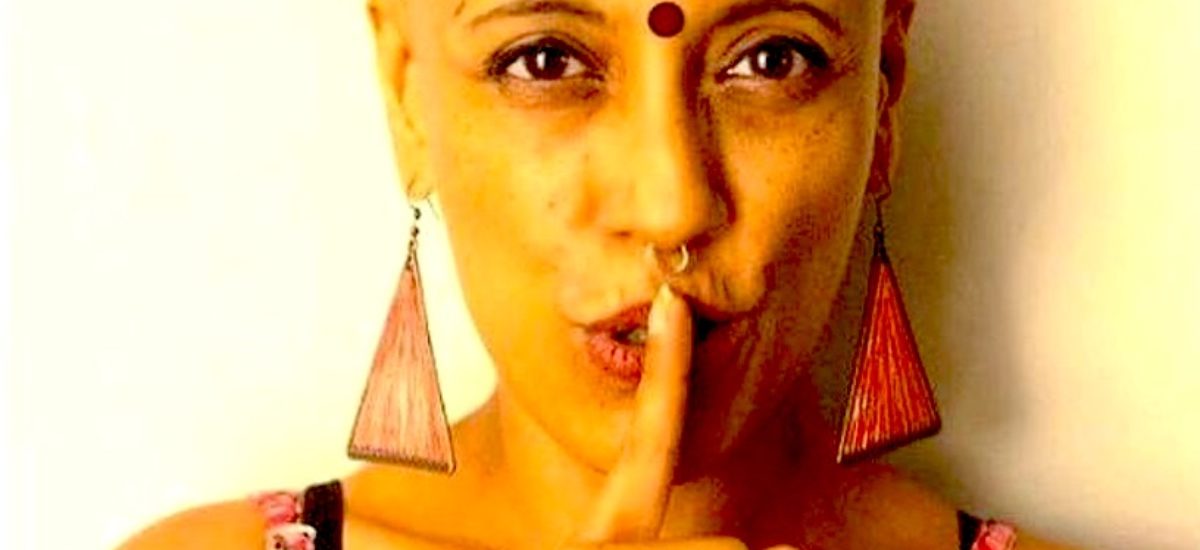Photo courtesy of Tai Hsin Shiek
Natalie Soysa lived an intensely creative life. She was a writer, a journalist, a photographer and activist and she understood early in her life what many people take decades to fully realise – that our attitude towards life itself, our responses to life’s pivotal experiences and our desire to contribute and uplift the lives of others profoundly transforms our society as well as ourselves for the better.
Natalie’s perceptions of life were a fusion of thought and feeling and there was a fierceness and passionate sincerity about her engagement with life, which had a great impact on the society in which she lived and worked.
She had no patience for tameness, hypocrisy or falseness and believed strongly that people should not be excluded from participation in the wider community because of their perceived ‘otherness’ – whether their difference from acceptable norms was gender based, ethnic, religious or sourced in their physical appearance or intellectual individualism and nonconformity.
With these ideals in focus, she co-founded BENDR, a groundbreaking Facebook community formed to create a vibrant space in which issues of difference could be discussed, explored and celebrated.
A TEDx talk she presented in Colombo highlighted the vital need for people to think about, question, challenge and live outside socially-imposed ‘boxes’ of conformity and compliance. This was a theme she also discussed in a recent episode of Shhh! The Talk Show, titled Rebel Women.
This is Natalie as she was in her glory: her face alight with intelligence, realism and humour, her body language informal, flowing and graceful, her ideas forceful, her voice articulate and clear and her words joyful and unforgettable.
She became ill a few years ago and had the skill and courage to document her harrowing experiences with the health care system in photographs and film as a prompt to others to demand improvements in patient support and care and greater understanding of those suffering from chronic debilitating illness.
Natalie inspired her colleagues to think independently, to explore new and fresh ways of perceiving and presenting human experience and always to grow and progress creatively. Until the last few weeks of her life, she was committed to the projects she had founded and cared about; her exemplary dedication to excellence is part of her legacy.
She understood how speaking up against injustice of all kinds in a society that normalises many kinds of social cruelty and interpersonal degradation can isolate and even endanger the person who courageously calls for change. She was a vocal animal rights activist and created some impactful work for captive elephants and domestic animal welfare.
Shanuki de Alwis says, “Natalie was the embodiment of authenticity and fearlessness in all that she did and all that she was. She was also the first to support and advocate for the rights and freedom of others. There are many personal intimate stories I am aware of, where she was the one light that shone for marginalised individuals in difficult private situations.”
Natalie was a bright flame, and a source of courage to many. Because of her, many of us have begun to transform our own lives to widen our understanding of how we can live more fully, more generously and more diversely and colourfully in a world that seems to be narrowing in unbearable ways.
We were blessed to know her, to be able to converse with her, to consult with her and to work with her, and we undertake to carry on the work to which she was committed.


